I've been thinking about the various magical systems in various fictional worlds, and I just find it interesting how we've established rules to magic that we've universally agreed upon. Not all magical rules are the same for all worlds, of course, but they all have to make sense.
In some worlds (like Harry Potter), magic is a skill. It requires teaching and practice, and often one won't become a master until after a lifetime of learning.
In other worlds (like Once Upon a Time), magic can be bought, but comes with a price. Magic can sometimes even be dangerous enough to corrupt one's soul.
Some worlds are more enriched with magic than others, and sometimes it seems magic can be explained as science we don't yet understand.
An old friend of mine was starting to read The Mansion's Twins, and was explaining the plot of it to her mom. Her family was religious, and she said, "It has magic, but it's not black magic." When I was in orchestra, we asked our teacher why we couldn't perform the theme from Harry Potter, and she said something about some parents not liking it because of "black magic." My friend (other friend, but also religious), exclaims in frustration, "there's no black or white magic! They don't have colors!" But I suppose some systems of magic do. Some classify magic as good or bad, but other worlds just have magic come from the earth/nature.
It's also interesting how access to magic varies world by world. I suppose in less-magical worlds, people use "magic" as a state of mind to manifest what they want in life. Also, in some worlds everyone uses magic, and in other worlds, only a few. For example, some annoying friend of my sister was asking questions about my book once, and said, "Are there wizards?" And I said, "Well, no, they aren't called wizards, because everyone just has magic." He didn't seem to catch any of that, and proceeded to ask, "Are there witches?" Again, "No, people just have magic." Why would I call them witches and wizards when it's a world full of magical people? Sure, in some worlds there are a few witches and wizards living among (or secluded from) ordinary folks. Sometimes a hero has to seek counsel with a wise wizard before setting off.
Yet however different these rules are, they all make sense to us as long as they're consistent. We've somehow decided what magic is and how it's supposed to work. This is yet another example of "the only difference between reality and fiction is fiction has to make sense." We don't know what magic is, that's why it's magic. But we've collectively decided on acceptable definitions. You can't just turn into a bird and say "magic!" You can eat a magical seed and turn into a bird (like in "InkHeart"). You can study how to turn into a bird. You can sell your soul for the ability to turn into a bird. You get the picture. Weird example, but we're talking about magic here. Ever had a debate about a fantasy book, and realize you're arguing about how spells work?
I suppose we're all just trying to define an undefinable thing. Fun to think about, right?
In some worlds (like Harry Potter), magic is a skill. It requires teaching and practice, and often one won't become a master until after a lifetime of learning.
In other worlds (like Once Upon a Time), magic can be bought, but comes with a price. Magic can sometimes even be dangerous enough to corrupt one's soul.
Some worlds are more enriched with magic than others, and sometimes it seems magic can be explained as science we don't yet understand.
An old friend of mine was starting to read The Mansion's Twins, and was explaining the plot of it to her mom. Her family was religious, and she said, "It has magic, but it's not black magic." When I was in orchestra, we asked our teacher why we couldn't perform the theme from Harry Potter, and she said something about some parents not liking it because of "black magic." My friend (other friend, but also religious), exclaims in frustration, "there's no black or white magic! They don't have colors!" But I suppose some systems of magic do. Some classify magic as good or bad, but other worlds just have magic come from the earth/nature.
It's also interesting how access to magic varies world by world. I suppose in less-magical worlds, people use "magic" as a state of mind to manifest what they want in life. Also, in some worlds everyone uses magic, and in other worlds, only a few. For example, some annoying friend of my sister was asking questions about my book once, and said, "Are there wizards?" And I said, "Well, no, they aren't called wizards, because everyone just has magic." He didn't seem to catch any of that, and proceeded to ask, "Are there witches?" Again, "No, people just have magic." Why would I call them witches and wizards when it's a world full of magical people? Sure, in some worlds there are a few witches and wizards living among (or secluded from) ordinary folks. Sometimes a hero has to seek counsel with a wise wizard before setting off.
Yet however different these rules are, they all make sense to us as long as they're consistent. We've somehow decided what magic is and how it's supposed to work. This is yet another example of "the only difference between reality and fiction is fiction has to make sense." We don't know what magic is, that's why it's magic. But we've collectively decided on acceptable definitions. You can't just turn into a bird and say "magic!" You can eat a magical seed and turn into a bird (like in "InkHeart"). You can study how to turn into a bird. You can sell your soul for the ability to turn into a bird. You get the picture. Weird example, but we're talking about magic here. Ever had a debate about a fantasy book, and realize you're arguing about how spells work?
I suppose we're all just trying to define an undefinable thing. Fun to think about, right?
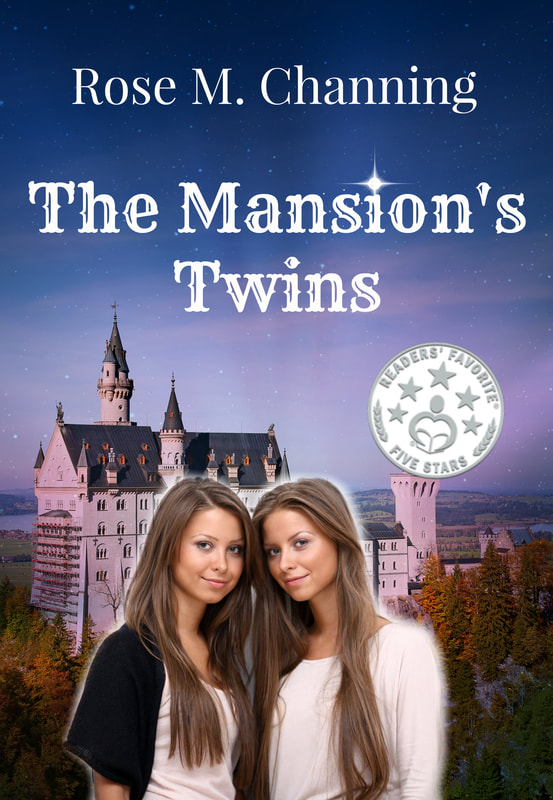
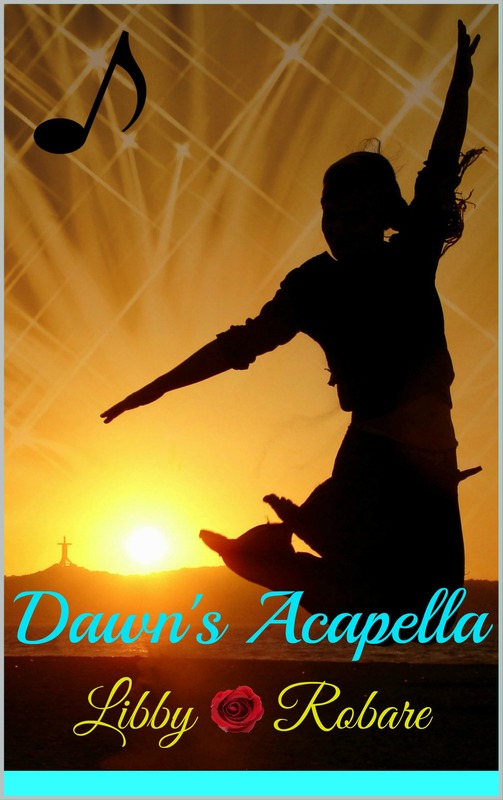
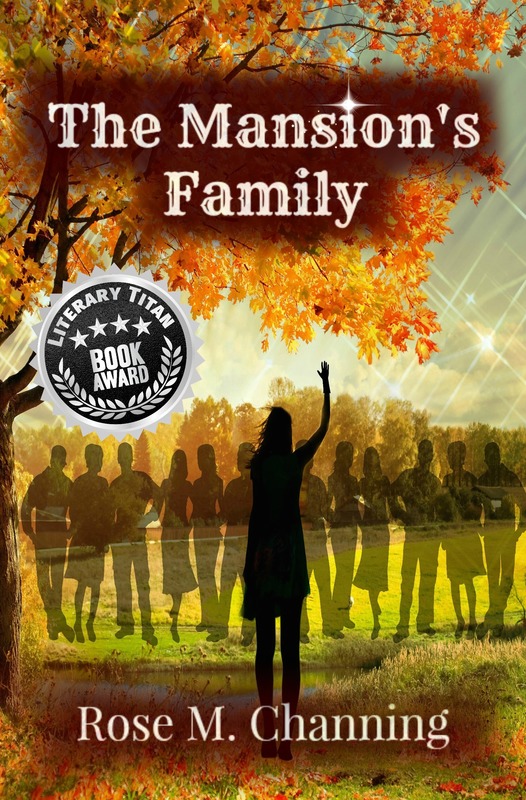
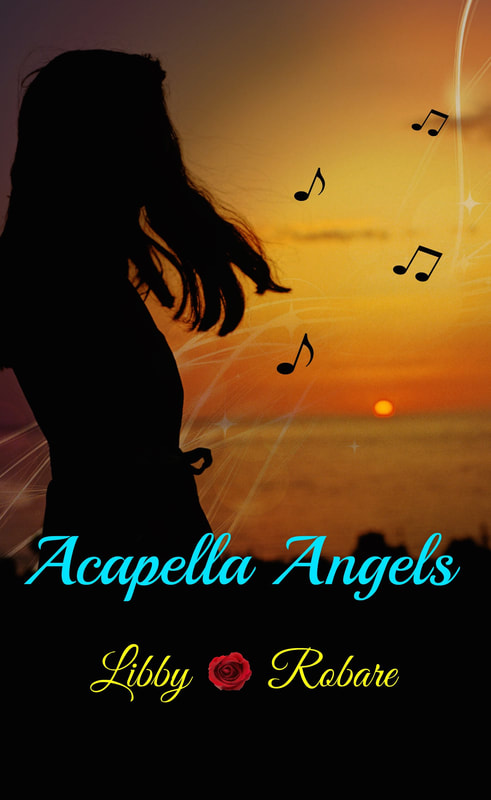
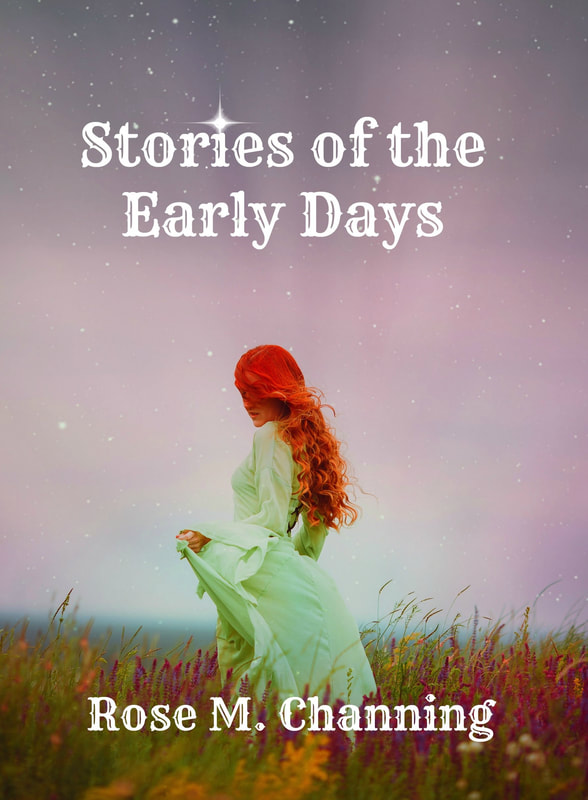
 RSS Feed
RSS Feed
